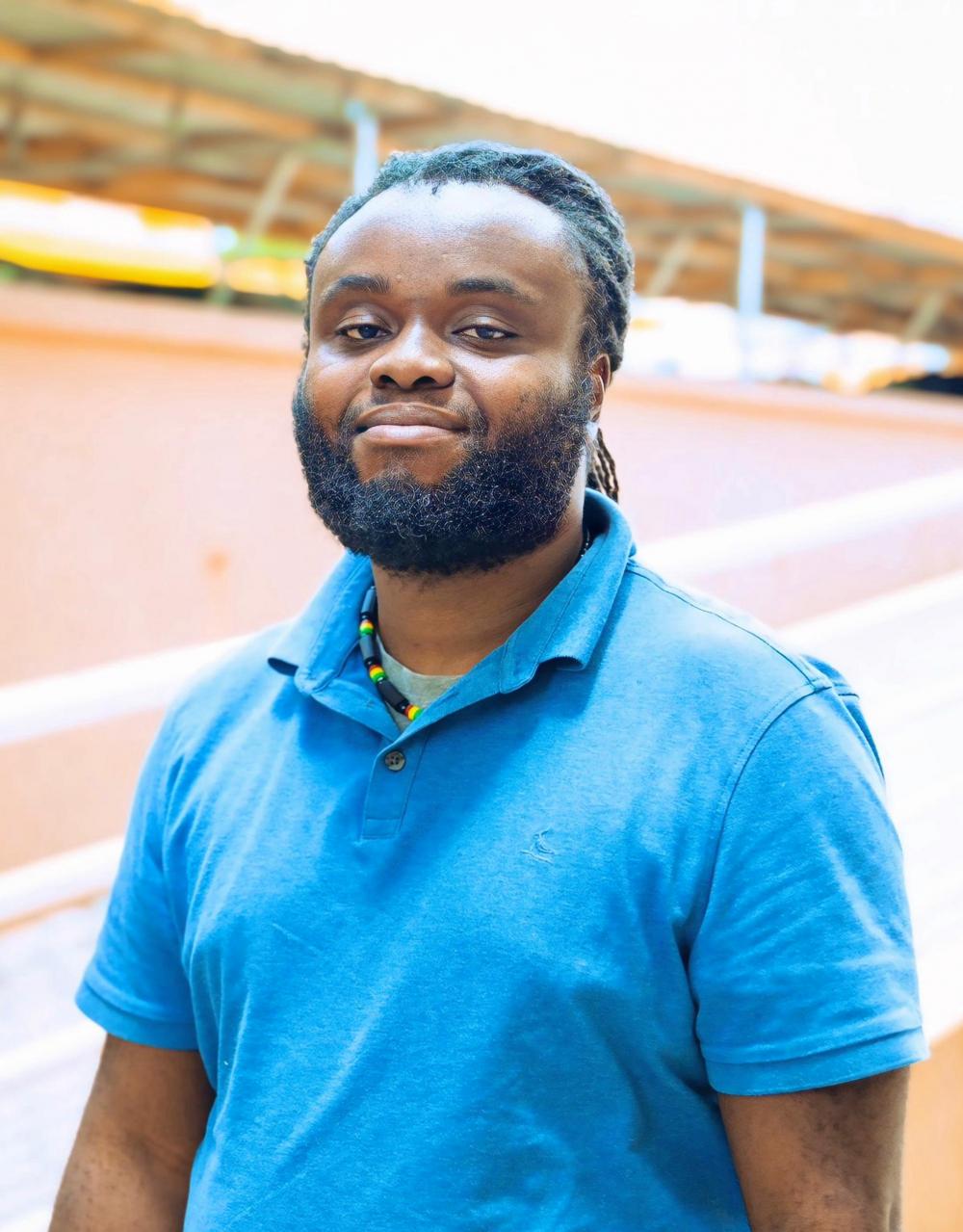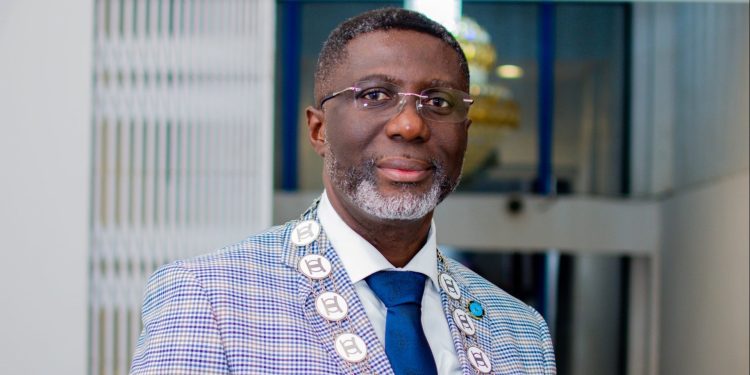From patented heaters to award-winning sanitary pad research, Dr. Asare is redefining polymer science at the College of Engineering
Dr. Eric Kwame Anokye Asare is a Lecturer at the Department of Materials and Metallurgical Engineering, College of Engineering. He teaches and mentors students while conducting research that advances knowledge in polymer science and contributes solutions to societal challenges. His role is central to building the next generation of engineers who combine theory with practical innovation.
He began his academic journey at Lambeth College in London, where he pursued his A-Levels. He later earned both his MEng and PhD in Materials Science and Engineering from Queen Mary University of London. His expertise lies in polymer composite design, processing, and characterization, with a focus on translating research into useful products.
Dr. Asare’s work has produced significant contributions. His doctoral research resulted in a patented self-regulated heater that was adopted for commercial use. At KNUST, his research into sustainable sanitary pads made from agricultural waste, such as pineapple and plantain fibers, earned him the Vice-Chancellor’s Excellence Award (Gold) in 2024. This innovation has the potential to address period poverty and improve access to education for young women.
At the College, Dr. Asare combines teaching and research to ensure that students receive quality training in both fundamental science and applied engineering. His work connects classroom learning with industry needs, making his contribution highly relevant to the College’s vision of practical, problem-solving engineering education.
He describes his teaching career as one that gives him purpose and fulfillment, especially when he sees students discovering their passion for polymers and going on to excel in higher studies. For him, the classroom and laboratory are spaces where knowledge is shared, discoveries made, and lives changed.
To students, he shares this advice: “Always let the results speak to you rather than your hypothesis.”












